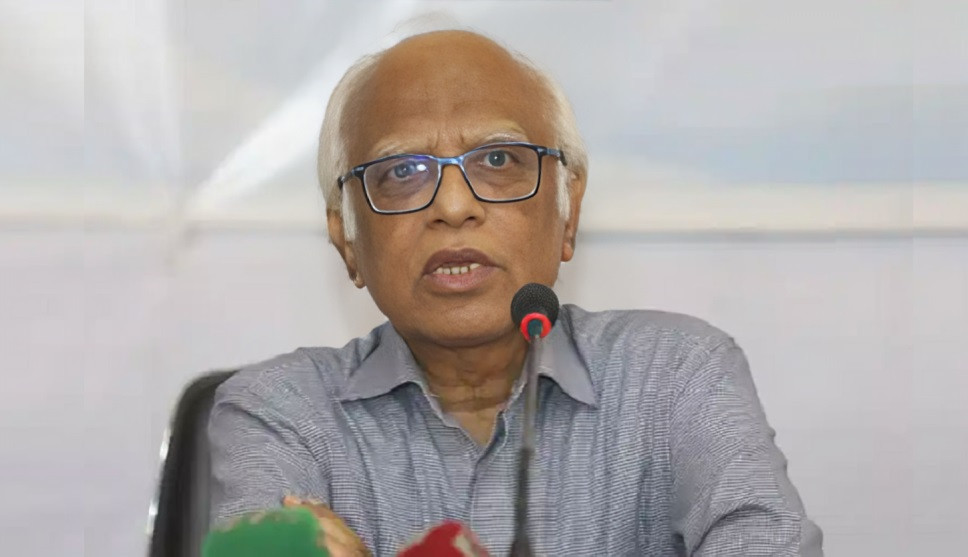Staff Correspondent
Published:2024-11-12 19:34:43 BdST
Measures being taken to prevent corruption in projects: Planning Adviser
Planning Ministry Adviser Dr Wahiduddin Mahmud has said that there are opportunities for corruption and irregularities at different stages of projects, and several measures are being taken to curb these issues.
He made these remarks while speaking at a meeting held on Tuesday at the Secretariat.
Regarding the identification of limitations and necessary actions for the application of the Public Procurement Act (PPA-2006) and Public Procurement Rules (PPR-2008) in the procurement process, the advisor highlighted the ongoing efforts to prevent corruption.
He explained, "Corruption occurs at different levels during the project phase. Initially, many rule deviations occur when projects are being designed. However, more concerning issues arise when projects are approved, and after approval, contractors are selected through the procurement process. There are numerous loopholes in these processes, and often, the same companies repeatedly win contracts for identical projects. This is largely due to certain policies and regulations."
Wahiduddin Mahmud emphasised ongoing efforts to minimise corruption opportunities during the planning stages of projects. "Another major issue arises during the implementation phase when contractors are tasked with executing the project, as this is when most irregularities tend to occur," he said.
He noted, "The cost and timeline of projects often increase after approval. The question is, how can we reduce these escalations and make the contractor selection process more transparent to minimise corruption"
The Planning Adviser remarked that there is no universal best practice in tendering systems. "Countries handle these issues in various ways, and no single rule is the best for all. However, drawing on our own experiences, we are exploring potential measures to curb corruption."
He also stressed the importance of reducing collusion among local, foreign, and joint-venture contractors. "We need to focus on making the tendering process less corrupt, not just in the current context but also for the future."
The adviser further said, "There is no foolproof method for perfect tendering. If there are bad actors involved, it's impossible to eliminate them entirely. But we need to work towards minimising corruption as much as possible, not just for now, but also for the future."
Unauthorized use or reproduction of The Finance Today content for commercial purposes is strictly prohibited.


